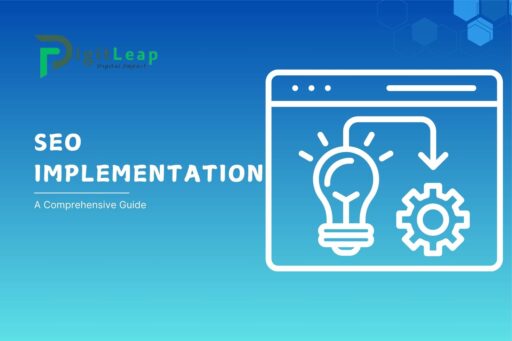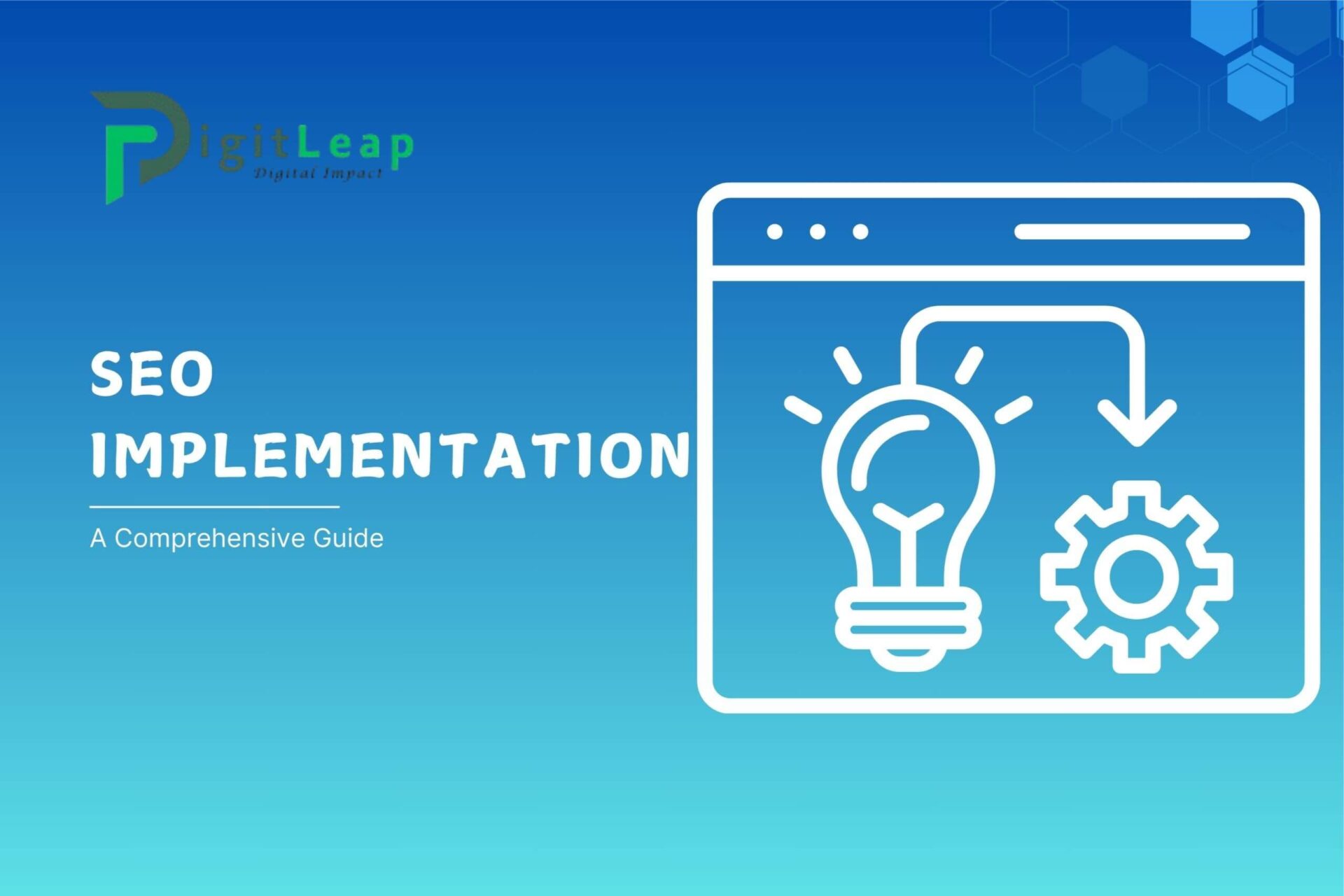SEO Implementation: A Comprehensive Guide
Search Engine Optimization (SEO) is a crucial strategy for improving a website’s visibility and organic traffic on search engines like Google and Bing. Proper SEO implementation involves several key components, ranging from keyword research to technical optimizations. This comprehensive guide will outline the essential steps to effectively implement SEO for your website.
1. Understanding SEO Basics
Before diving into the implementation process, it’s essential to grasp the fundamental principles of SEO:
- Search Engines: Understand how search engines work, including crawling, indexing, and ranking.
- Keywords: Keywords are the terms users type into search engines. Effective SEO revolves around targeting the right keywords that potential customers are searching for.
2. Conducting Keyword Research
Keyword research is the foundation of a successful SEO strategy. Here’s how to conduct it effectively:
- Use Tools: Utilize tools like Google Keyword Planner, Ahrefs, or SEMrush to identify relevant keywords and phrases.
- Analyze Intent: Understand the search intent behind keywords—are users looking for information, products, or services?
- Long-Tail Keywords: Focus on long-tail keywords, which are less competitive and more specific, improving your chances of ranking higher.
3. On-Page SEO Optimization
Once you have your keywords, it’s time to optimize your website’s content:
- Title Tags: Ensure that each page has a unique title tag that includes the target keyword.
- Meta Descriptions: Write compelling meta descriptions that summarize the content and include keywords.
- Header Tags: Use H1, H2, and H3 tags to structure your content hierarchically and incorporate keywords naturally.
- Content Quality: Create high-quality, original content that provides value to readers and answers their queries. Aim for a keyword density of about 1-2%.
4. Technical SEO
Technical SEO refers to the backend optimizations that help search engines crawl and index your site effectively:
- Site Speed: Ensure your website loads quickly by optimizing images and leveraging browser caching.
- Mobile Optimization: Implement responsive design to ensure your site is mobile-friendly, as mobile usability is a ranking factor.
- XML Sitemap: Create and submit an XML sitemap to help search engines understand your site’s structure.
- Robots.txt: Use a robots.txt file to guide search engine bots on which pages to crawl and index.
5. Content Marketing and Link Building
Creating valuable content is essential for attracting backlinks, which are crucial for SEO:
- Blogging: Start a blog to provide valuable insights and establish your authority in your niche.
- Guest Posting: Contribute to reputable blogs in your industry to build backlinks and increase your visibility.
- Social Media: Promote your content on social media platforms to increase its reach and attract more backlinks.
6. Local SEO
For businesses targeting local customers, local SEO is essential:
- Google My Business: Create and optimize your Google My Business listing to enhance local visibility.
- Local Keywords: Include local keywords in your content and meta tags.
- Customer Reviews: Encourage customers to leave reviews on Google and other review sites to boost your local reputation.
7. Monitoring and Analytics
To measure the effectiveness of your SEO efforts, regular monitoring is essential:
- Google Analytics: Use Google Analytics to track traffic, user behavior, and conversions.
- Search Console: Monitor your website’s performance in Google Search Console, checking for crawl errors and indexing issues.
- Adjust Strategies: Analyze data regularly to identify what works and adjust your strategies accordingly.
8. Staying Updated with SEO Trends
SEO is an ever-evolving field, and staying informed about the latest trends and algorithm updates is crucial:
- Follow Industry Leaders: Subscribe to SEO blogs like Moz, Search Engine Journal, and Neil Patel for updates and tips.
- Continuous Learning: Attend webinars, workshops, and conferences to deepen your knowledge and network with professionals in the field.
Conclusion
Implementing a successful SEO strategy requires a thorough understanding of various components, including keyword research, on-page and technical optimizations, content marketing, and local SEO. By continually monitoring performance and staying updated on industry trends, you can enhance your website’s visibility and drive organic traffic.
For a deeper dive into SEO strategies and best practices, check out comprehensive resources from experts like Moz and Ahrefs.






